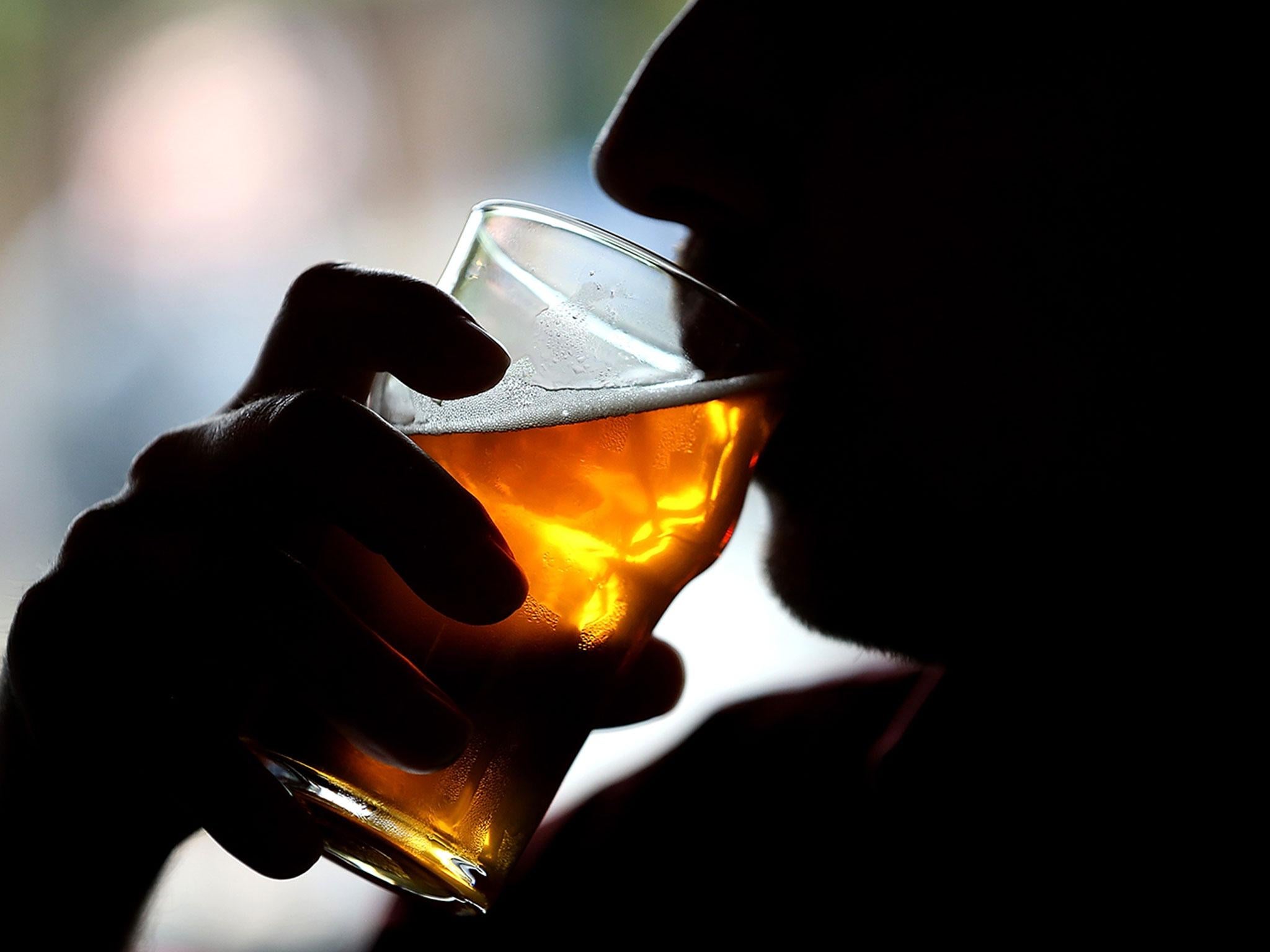Moderate drinking linked to decline in brain health, finds study
'We found no support for a protective effect of light consumption [of alcohol] on brain structure,' scientists say

Your support helps us to tell the story
From reproductive rights to climate change to Big Tech, The Independent is on the ground when the story is developing. Whether it's investigating the financials of Elon Musk's pro-Trump PAC or producing our latest documentary, 'The A Word', which shines a light on the American women fighting for reproductive rights, we know how important it is to parse out the facts from the messaging.
At such a critical moment in US history, we need reporters on the ground. Your donation allows us to keep sending journalists to speak to both sides of the story.
The Independent is trusted by Americans across the entire political spectrum. And unlike many other quality news outlets, we choose not to lock Americans out of our reporting and analysis with paywalls. We believe quality journalism should be available to everyone, paid for by those who can afford it.
Your support makes all the difference.Drinking alcohol moderately may damage your brain and decrease brain function over time, scientists have found.
The conclusions form part of a joint study by Oxford University and University College London and was published in the British Medical Journal.
Researchers looked at the brains of 550 middle-aged male and female drinkers, ranging from heavy and moderate, to those who did not drink at all, over a period of 30 years.
Those who drank more alcohol were at greater risk of hippocampal atrophy, a type of brain damage affecting memory and spatial navigation.
Drinking 30 units a week on average had the highest risk, but interestingly, even those who drank between 14 and 21 units per week - considered to be a moderate amount - were more likely than abstainers to have hippocampal atrophy.
This type of brain damage association was found in men, but not women, and may be the result of a higher male participation in the study, or because women reported drinking less than their male counterparts.
One unit is 10ml or 8g of alcohol, which is approximately the amount of alcohol an average adult can process in an hour: a strong lager contains three units, a bottle of wine has nine, and a 25ml spirit shot has one.
The scientists added: "We found no support for a protective effect of light consumption on brain structure.”
They looked at cognitive function through a series of tasks measured repeatedly between 1985 and 2015, as well as the structure of participants’ brains via MRI scans.
After taking into account factors of age, sex, education, smoking, social activity, as well as blood pressure and history of any “cardiovascular events”, researchers noted those who drank more were often found to have a smaller hippocampus, with a greater effect on the right side of the brain.
The study stated: “Higher alcohol use was associated with reduced grey matter density, hippocampal atrophy, and reduced white matter microstructural integrity,” the latter of which is linked to brain function.
The results support the recent lowering of drinking limit guidelines in Britain, but raise questions about the limits recommended in the US.
One caveat is the nature of observational studies, as firm conclusions about cause and effect cannot be drawn. Despite this, the team said they were confident the findings could have significant public health implications.
Join our commenting forum
Join thought-provoking conversations, follow other Independent readers and see their replies
Comments